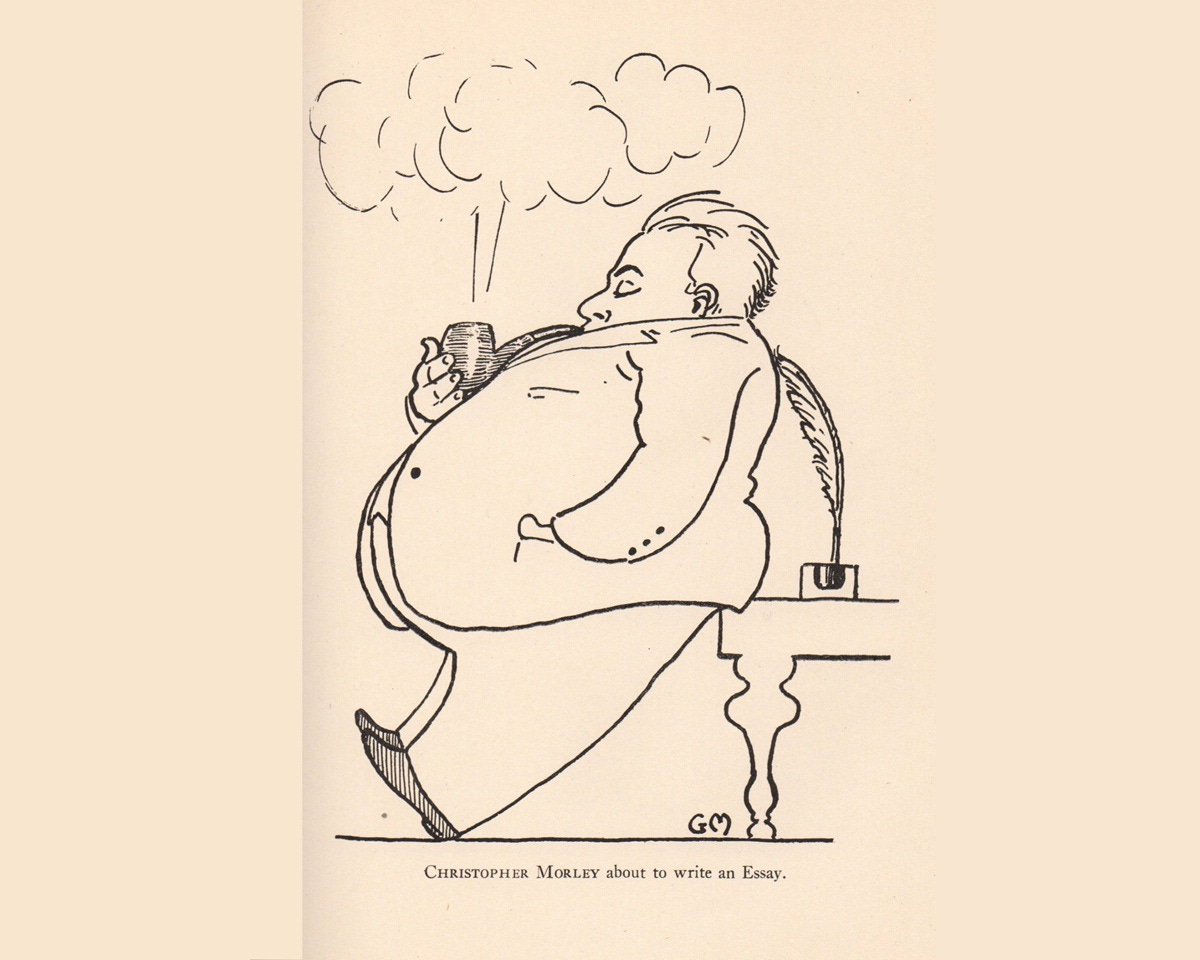Old Thoughts on Christmas
We'll take a cup of kindness yet
“Just for a few hours on Christmas Eve and Christmas Day the stupid, harsh mechanism of the world runs down and we permit ourselves to live according to untrammeled common sense, the unconquerable efficiency of good will.” — Christopher Morley, 1919
Originally written as an entry in the “Off the Clock” section of the newsletter, I’m dusting off this chestnut and resharing it as a bonus essay because of its timeliness (and timelessness, naturally).
Christopher Morley is no longer a household name, and that’s unfortunate.
There was a time in the early to mid-20th century when Morley was known to readers of books, listeners of radio, and watchers of television as an erudite man of letters.
Morley wrote the bestseller Kitty Foyle in 1939, which was turned into the film tha…




